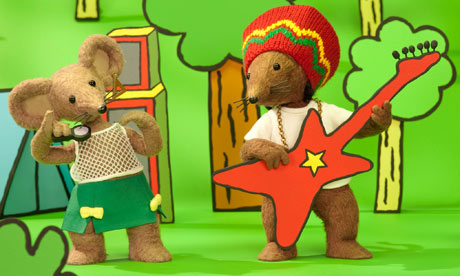Whilst reading the BBC Voices poll results, I was able to make notes about the research obtained.
- the aim of the research was to find out how people felt about the different languages and accents across the UK.
- 5000 (15+) people took part in the survey.
- the participants were asked to rank celebrities in order of how pleasant their voices sounded.
- Sean Connery was a particular favourite, along with fellow Bond actor Pierce Brosnan.
- some of the most popular were newsreaders, including Moira Stewart and Trevor McDonald.
- some of the least popular were Paul O'Grady, Billy Connolly and even David Beckham.
- people tended to say that they liked the accents that were local to them; such as the Scottish - they liked Ewan McGregor's accent, while people in Northern Island loved the sound of Terry Wogan's voice.
- furthermore, some voted that 'an accent identical to your own' would be their favourite.
- many people enjoy hearing new accents, and the variation of accents.
With these results, I can create a league table of attitudes towards different accents:
1 - Standard English
2 - Scottish
3 - Irish
4 - Newcastle
5 - New Zealand
6 - London
7 - Birmingham
8 - Asian
9 - Liverpool
From all of this information, I can conclude that:
- Edinburgh accents was valued to be both helpful when job-seeking, and also pleasant to listen to.
- However, Asian, Liverpool and Birmingham accents were the opposite, deemed unpleasant.
- Scottish and Norther Irish participants preferred the Scottish accent the most, but English and Welsh voters decided that the Standard English accent is the best.
